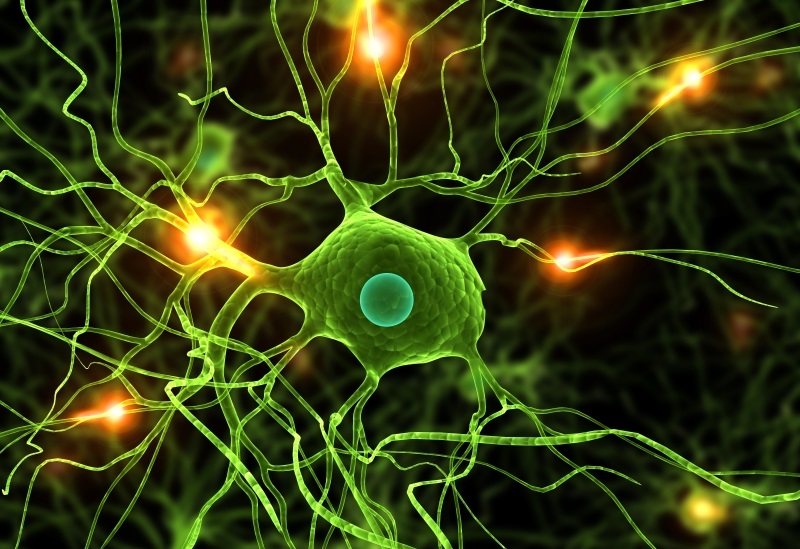According to a study in Stem Cell Reports, researchers at the University of Eastern Finland used a new human stem cell-derived model to identify that apolipoprotein E4 (APOE4), the most prominent genetic risk factor for Alzheimer’s disease, could impair the function of microglia-like cells.
Alzheimer’s, a neurodegenerative disease, is considered the most common cause of dementia among older adults, affecting approximately 5.8 million people in the U.S., according to the Alzheimer’s Association.
As a result of its prevalence, researchers have studied various aspects of the disease, theorizing that abnormal build-up of amyloid protein could cause symptoms resembling Alzheimer’s. Recent studies have turned to the inhibition of amyloid protein build-up to establish effective treatment for the disease.
In the function of microglia, amyloid is eliminated from the brain by a mechanism known as phagocytosis. However, in patients with Alzheimer’s, microglia generally refrains from its normal functioning and so toxic amyloid remains in the brain.
APOE4’s function, on the other end, involves the metabolism of lipids that aids in repairing neuronal brain damage. Among humans, although not fully understood, the APOE gene is well-expressed in microglia.
In the findings, APOE4 was showed to increase the inflammatory response of microglia and reduce the ability of the cells to migrate and phagocytose pathogenic material. Additionally, the study also found that APOE4 impairs the metabolic activity of microglia, suggesting that APOE4 could affect basic functions of microglia.
The findings, researchers conclude, could lead to more efficient treatment and prevention for patients with Alzheimer’s. “The current study highlights the importance of investigating the role of gene variants in human microglia and provides a useful, clinically relevant model for studying microglia in disease,” the study’s co-authors stated in the findings.


